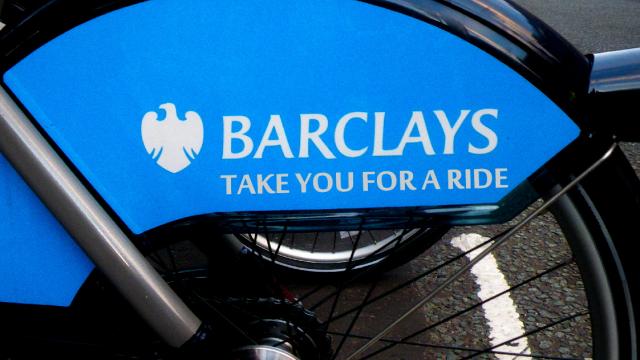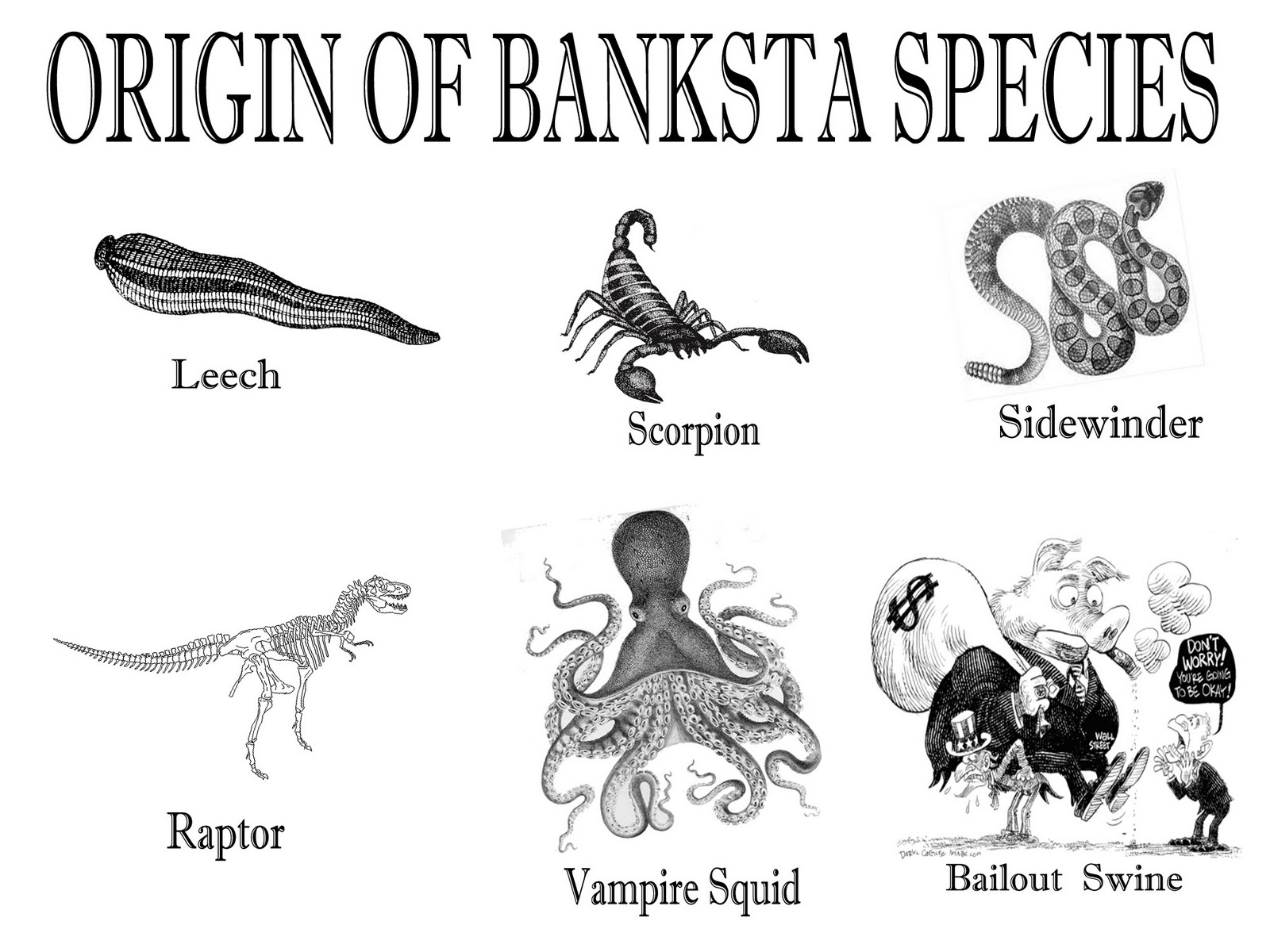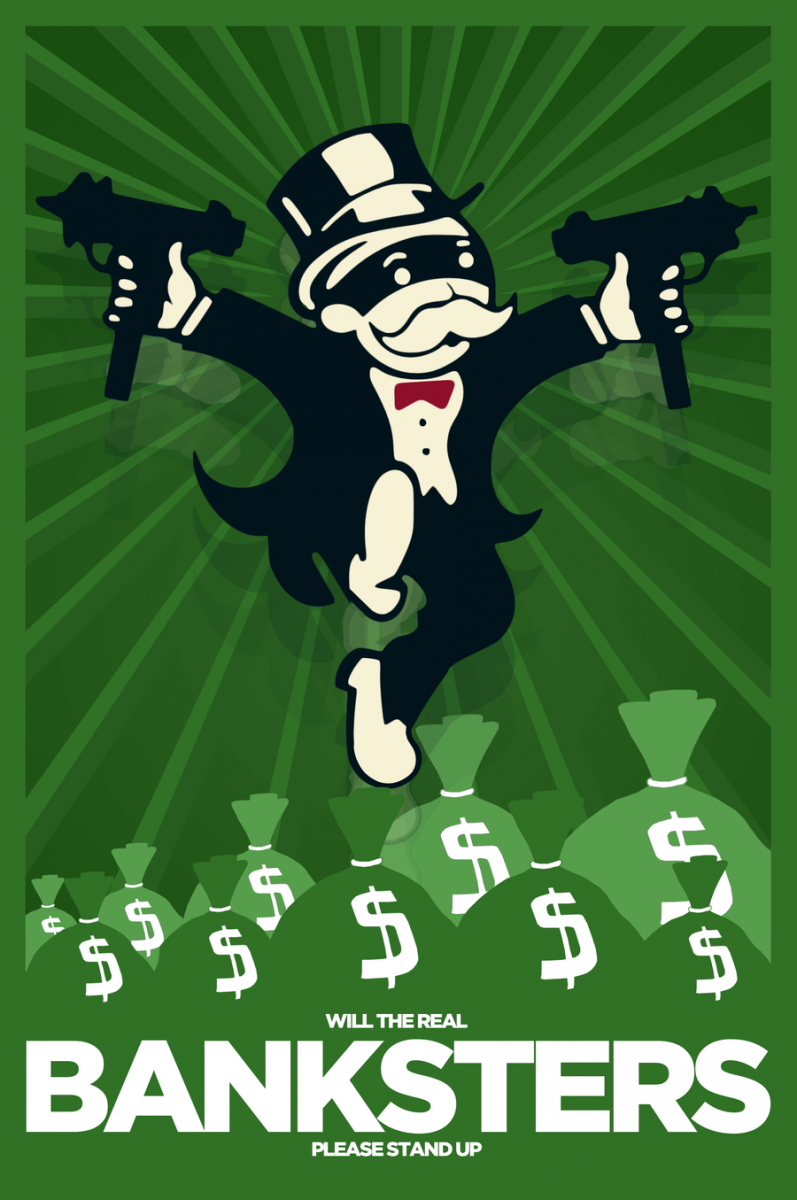
One of the central precepts of the American legal system is that the justice is “blind” to the accused’s power, wealth and influence. If a person breaks the law, it shouldn’t matter whether they are homeless or a billionaire, they should face the same justice system.
Unfortunately, the American legal system has often failed to live up to this ideal and has shown preferential treatment for some groups over others. Historically, we have seen this inequality along the demographic fault lines of race), gender and socioeconomic status.
Easy Living in the Top Tier
Recently, a massive divide in justice has opened between those with economic power and those without it. Wealthy bankers and financiers have escaped punishment for their crimes at a time of record imprisonment for the rest of society. This divide, while not new, has expanded to the point where wealthy individuals have egregiously and obviously broken the law, only to avoid being charged, or even arrested. At the same time that these wealthy individuals have escaped justice, innumerable Americans have been imprisoned for crimes—particularly non-violent crimes—at previously unprecedented levels.
In the past, large-scale financial fraud has led to massive investigations and arrests by the relevant law-enforcers; despite the power of those involved, they were investigated, arrested, charged and convicted for their crimes. During the Savings and Loan crisis of the 1980s, the Reagan administration arrested over 1000 bankers for their part in the widespread fraud that had damaged our economy (although he also deregulated their industry as well). Unfortunately, a combination of money in politics and partisan politics has led to a near-complete cessation of high-level fraud prosecutions against those with money.
Americans in Jail (federal, state, and local): 2.3 million
Bankers in Jail for the 2008 Financial Crash: 0
Bankers in Jail for Systemic Mortgage Fraud that Led to Foreclosures: 0
HSBC Bankers in Jail for Laundering Money for Terrorists and Drug Cartels: 0
The fraud and money laundering of certain banking interests is massively damaging to our country and extremely illegal. The mortgage fraud and securities fraud of the banks brought about the 2008 financial crash/mortgage crisis and was one of the most damaging events in recent economic history—millions lost their homes and entire families were rendered destitute. The damage caused by these individuals’ greed is incomparable in scale and scope to that of any other non-violent criminal enterprise.
The inability of the justice system to prosecute bankers is illustrated most clearly in their unwillingness to prosecute bankers at HSBC for their crimes. For years, starting in the early 2000s, bankers at HSBC laundered billions of dollars for drug cartels and terrorist groups. These crimes are proven to be real by massive quantities of evidence and even admissions of guilt by HSBC executives themselves—in any other circumstance, this would be a very simple case and would likely be pled out before trial.
Despite the evidence and confessions, no bankers have been arrested in regard to this money laundering and no charges will be filed. The only consequence that has been, or will be, levied against the banks in question is a fine that only accounts for a few months’ profit.
How It Works for Everyone Else
While our justice system is ignoring the crimes of the rich and powerful, it is seeking draconian and brutal sentences against those who have no power. Currently, our country imprisons approximately 2.3 million Americans in our jails and has a higher percentage of our population in prison than any other country on earth (with the possible exception of North Korea, but their imprisonment statistics are unreliable). Of these imprisoned Americans, approximately 60% are being punished for non-violent crimes. Not only are more Americans in jail than in other countries, but they are in jail for longer—enhanced sentences, mandatory sentencing laws and “three strikes” statutes have drastically increased the average incarceration time for crimes.
Heavy-handed “justice” for the poor is not limited to any particular segment of the legal system, thus it has affected large portions of the population.
The bankers who defrauded the American people to the tune of billions of dollars and who instigated the largest mortgage crisis in history have yet to see a jail cell, but homeless people are being convicted of felony larceny for enrolling their children in public schools. On numerous occasions, homeless and poor individuals have been arrested and charged with grand larceny for sending their children to schools in areas which they do not reside; they simply want the best education for their children, thus they send them to schools in areas that have better public schools. When caught, these parents are liable for the costs of the education (despite the fact that the schools are public) and are often charged with criminal fraud.
Take the story of one such mother, Tanya McDowell, as an example of this situation: Mrs. McDowell was a homeless woman living in Bridgeport Connecticut with her son, who she enrolled in the Norwalk public school (a wealth area with a better public school than Bridgeport). Once it was found out that she had enrolled her son in the wrong school system, she was arrested, charged with first degree larceny, and sentenced to 5 years in prison.
Apparently, it is impossible to criminally charge rich bankers when they defraud the public out of their money and their homes, but perfectly fine to charge a homeless women when she tries to send her child to a better school. This disparity illustrates one small aspect to a much larger problem: In our current justice system, the wealthy are allowed to skate on terrible crimes, while the poor are crushed for things which shouldn’t even be criminal.
While the bankers at HSBC who laundered billions in drug money are living the high life, millions of Americans are currently sitting in jail for non-violent drug crimes. Hundreds of thousands of Americans are currently incarcerated for non-violent drug offenses such as possession and minor dealing. It is certainly true that these individuals have broken the law—drugs are still illegal—but the person who sells the drugs is just as legally culpable as the person who hides the criminal transactions from detection. Every day, poor Americans are forced to turn to drug dealing to survive and arrested but when a rich banker involves himself in the drug trade and is caught, he is let go.
Many (myself included) believe that the drug war is causing more harm than good and should be stopped, but this is not the issue in this situation. For as long as it is illegal to sell drugs, people will be held to account for breaking the law when they belong to a drug enterprise. The issue here is that only selective people (poor people) are being charged with their part in the drug enterprise while other people are given a pass for no legal reason. If it is necessary to send the guy on the corner to jail for a decade for selling some weed, then it is not appropriate for the very same authorities to ignore the bankers who knowingly hide/move the money obtained from the illegal acts—both are breaking the law, yet only the poor one is pursued and punished.
It is not justice when the law is dependent upon the wealth of the accused: rich people should not be allowed to skate above the law, particularly when those who do not skate are dealt with so harshly. The following quote from Elizabeth Warren (D-MA) perfectly summarizes this inequality:
“There are district attorneys and U.S. attorneys who are out there everyday squeezing ordinary citizens on sometimes very thin grounds and taking them to trial in order to “make an example,” as they put it. I’m really concerned that too big to fail has become too big for trial.” Rep. Elizabeth Warren, February 15, 2013
In order to remedy this situation, several things are necessary. First of all, we must demand that our criminal justice system treat everybody equally under the law—any prosecutor or DA to soft-peddle rich criminals should be protested and removed from their duties. Secondly, the law needs to be reformed in order to decrease the number of people who are imprisoned for petty non-violent offenses—using this, drug addicts and innocent people like Mrs. McDowell will not be held up in the justice system and have their lives destroyed by petty charges. Thirdly, we must reform out campaign finance rules so that those with power are less able to implement laws that favor them and screw the little guy.
3 WAYS TO SHOW YOUR SUPPORT
- Log in to post comments













